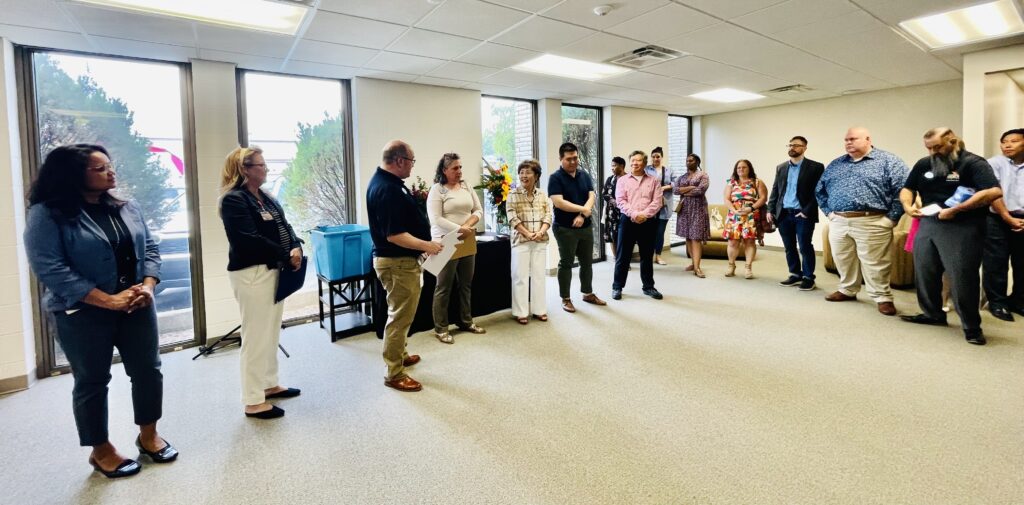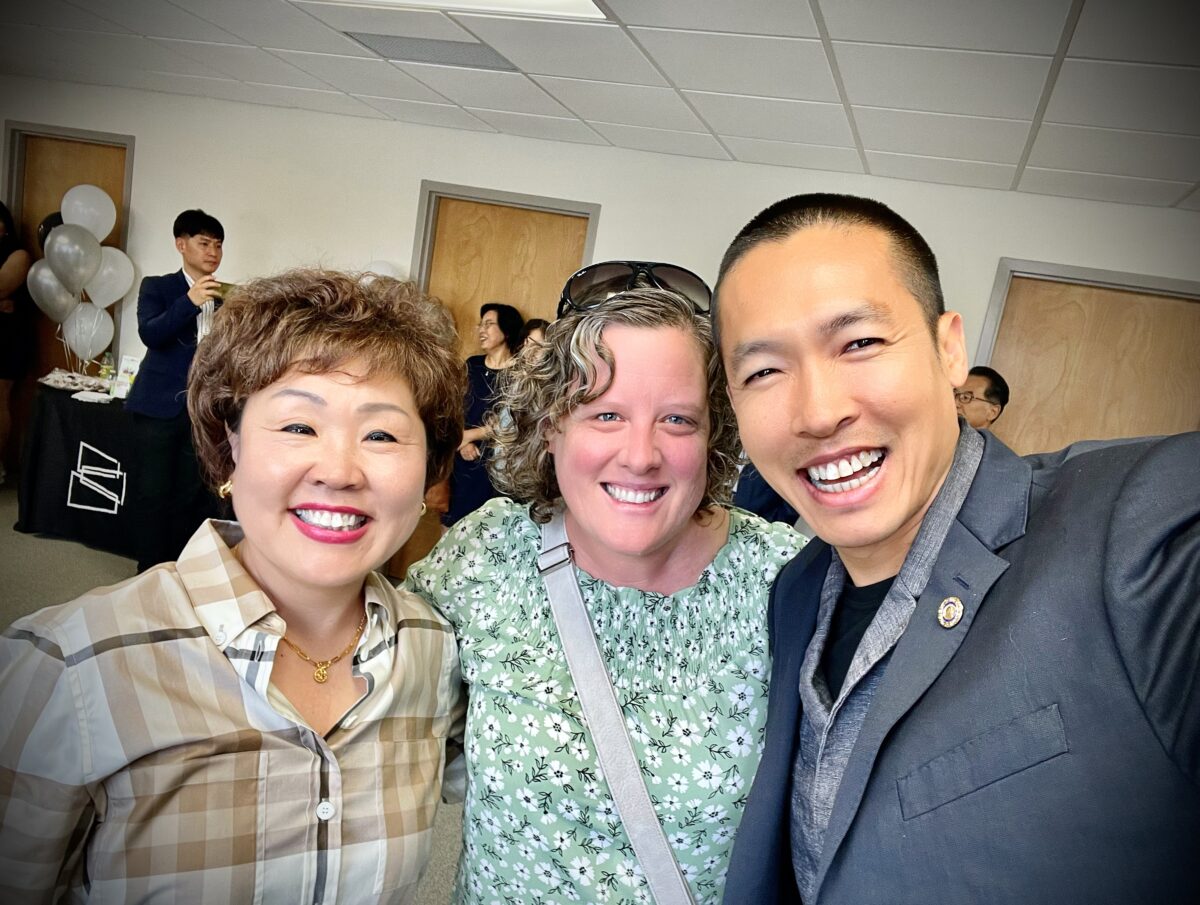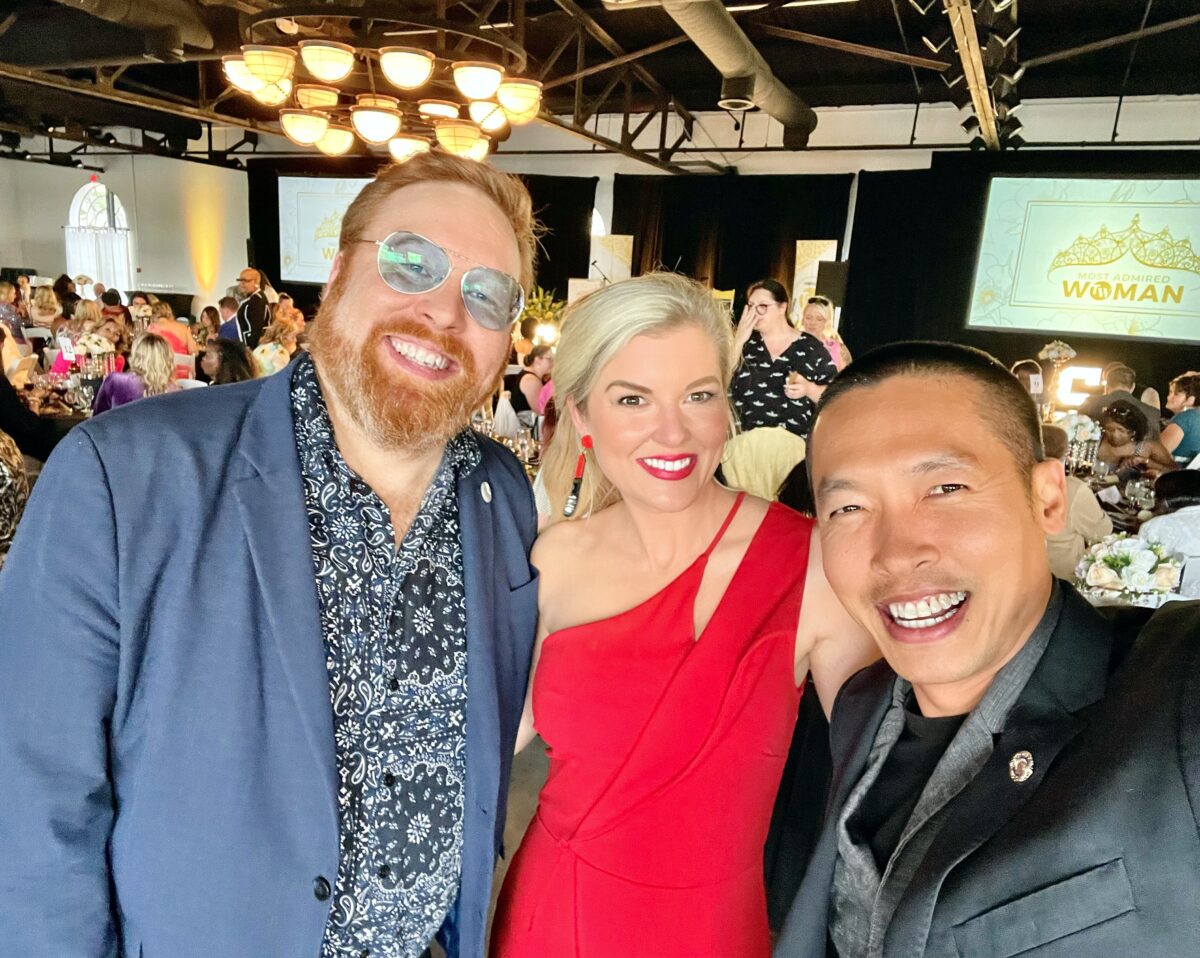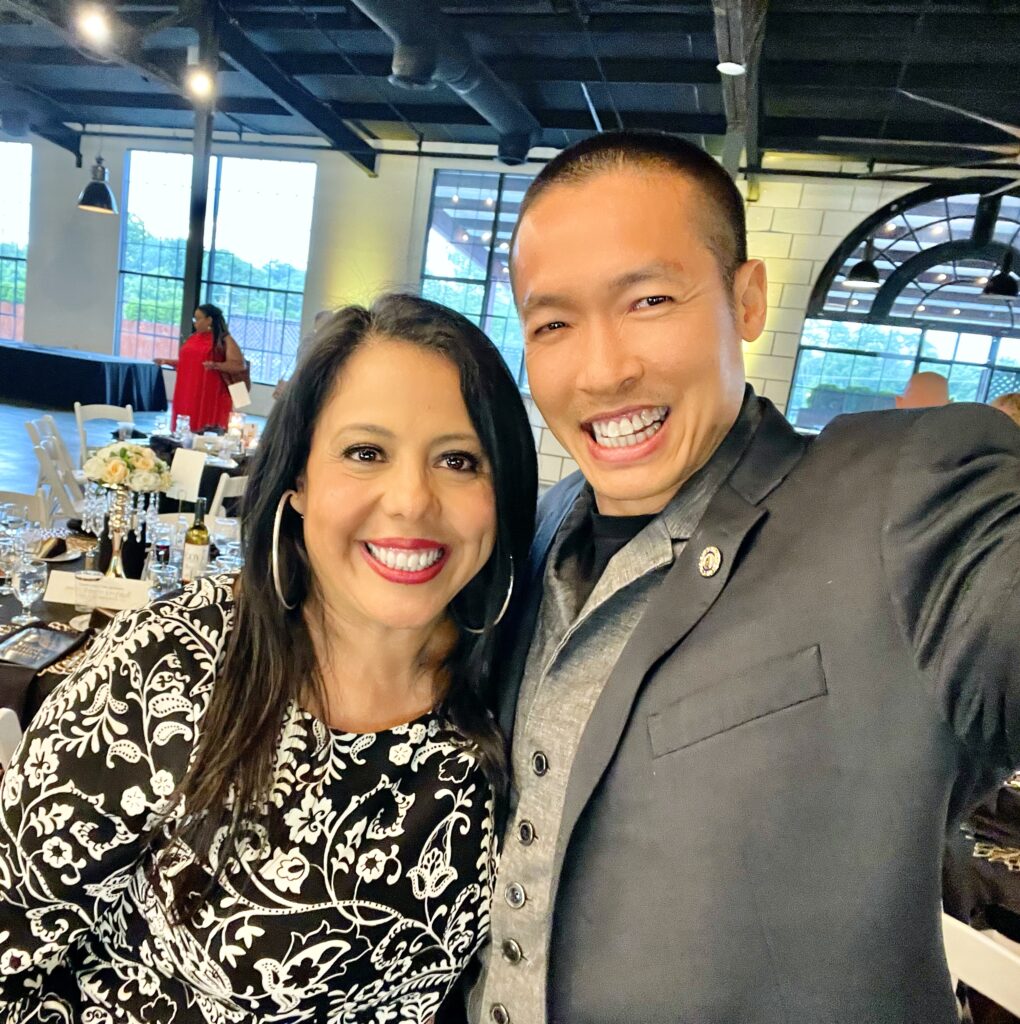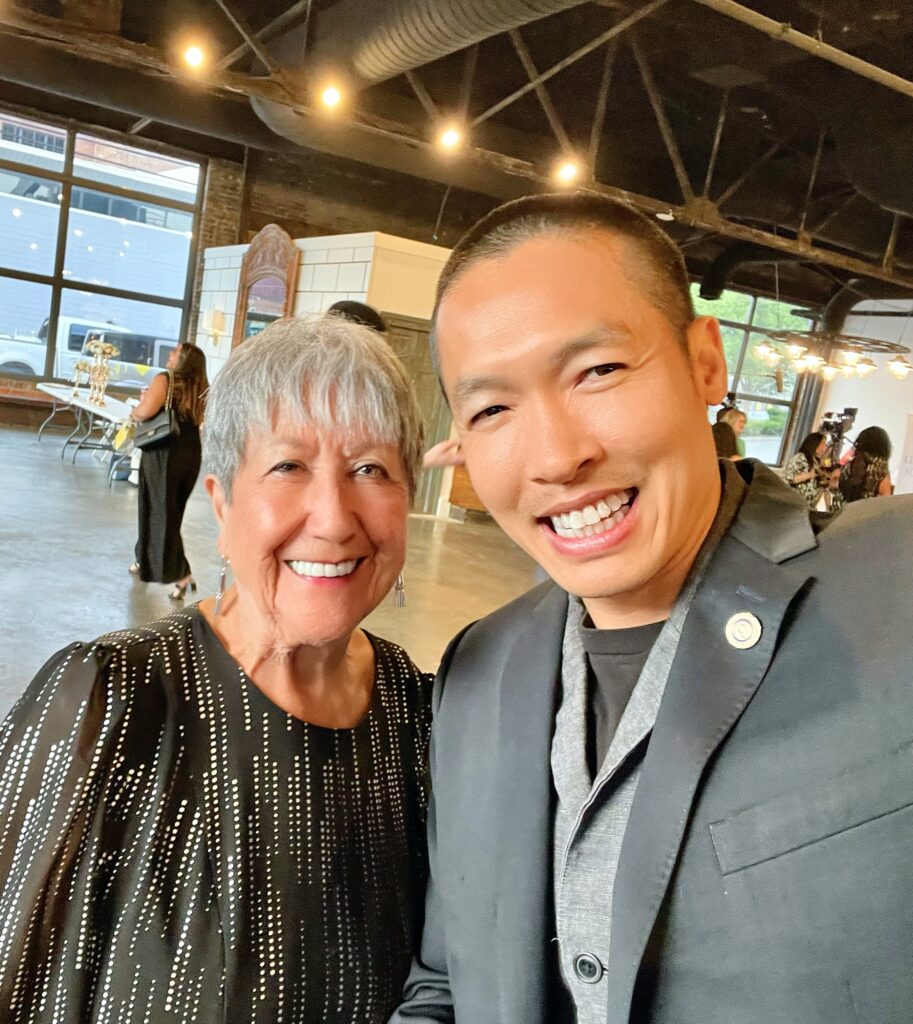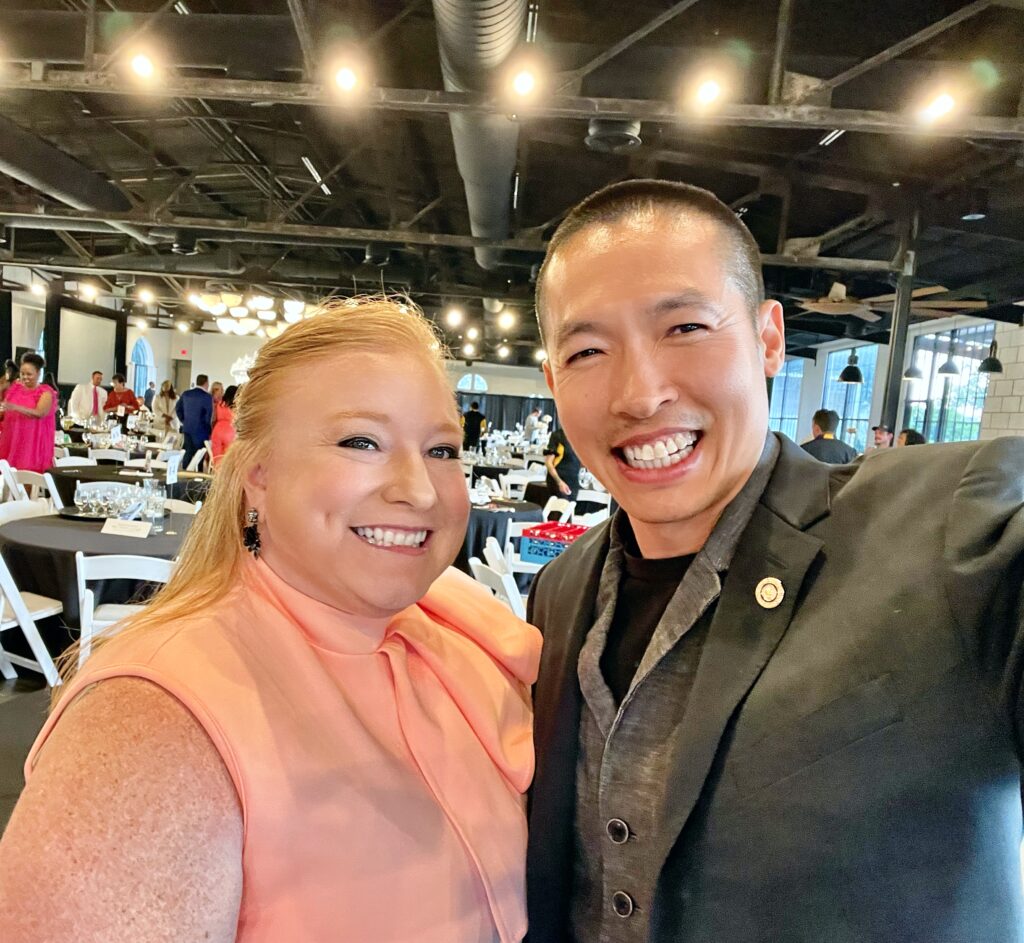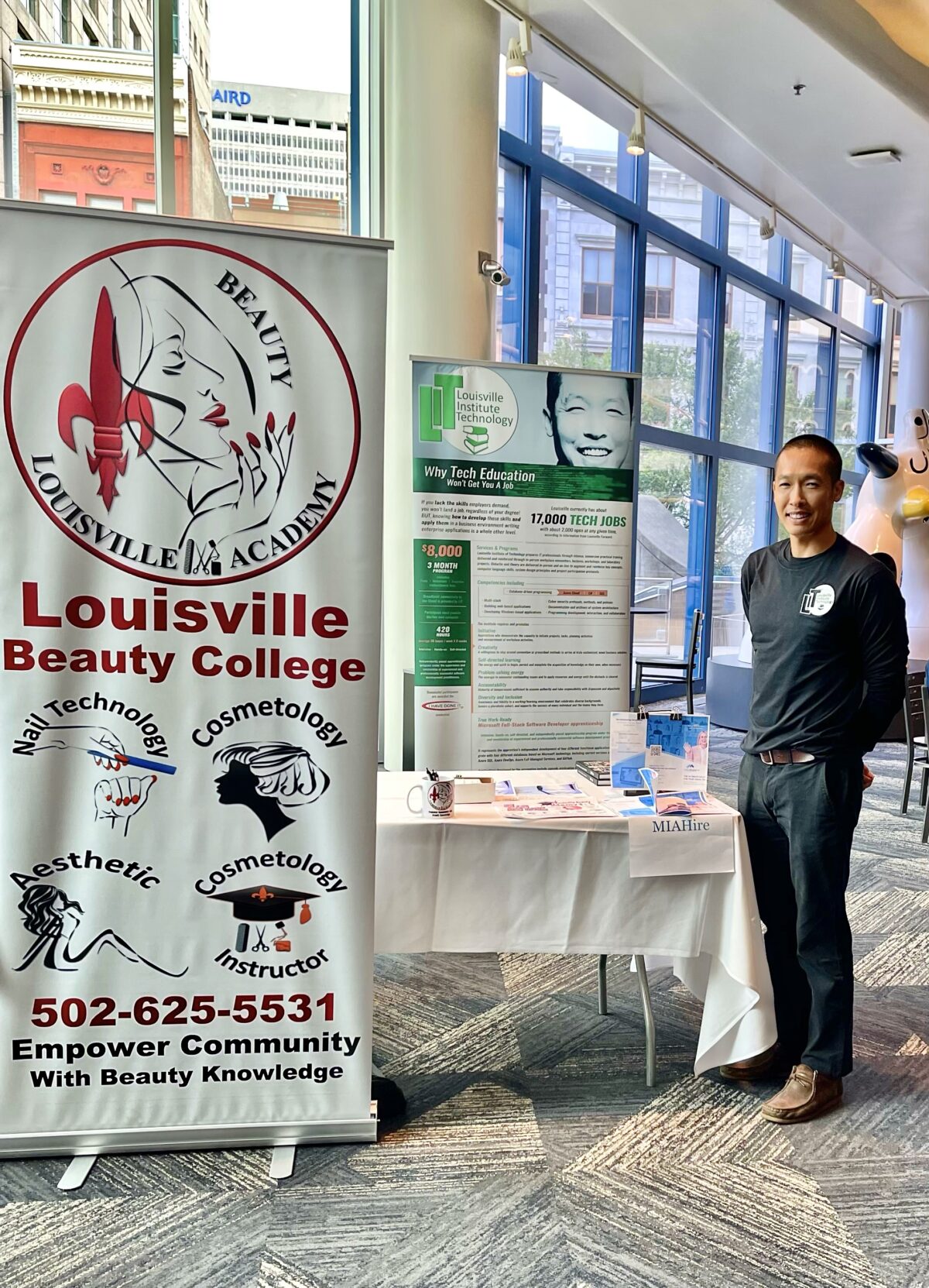Louisville, KY – Today, a vibrant crowd gathered to witness and celebrate the ribbon-cutting ceremony of DDM Behavioral Health Services, a remarkable addition to the Louisville community. This center marks a milestone as it is the first Asian-owned Health Service center in Louisville, Kentucky. The event was a testament to unity, diversity, and the power of community as friends, family, business partners, and representatives from various organizations were in attendance.

DDM Behavioral Health Services, founded by Patricia Kim, a Korean immigrant, is situated at 2210 Meadow Drive, Louisville, KY 40218. The center’s mission is to provide person-centered behavioral health services to clients from all backgrounds, ensuring that they have access to the resources and support needed to improve their quality of life.
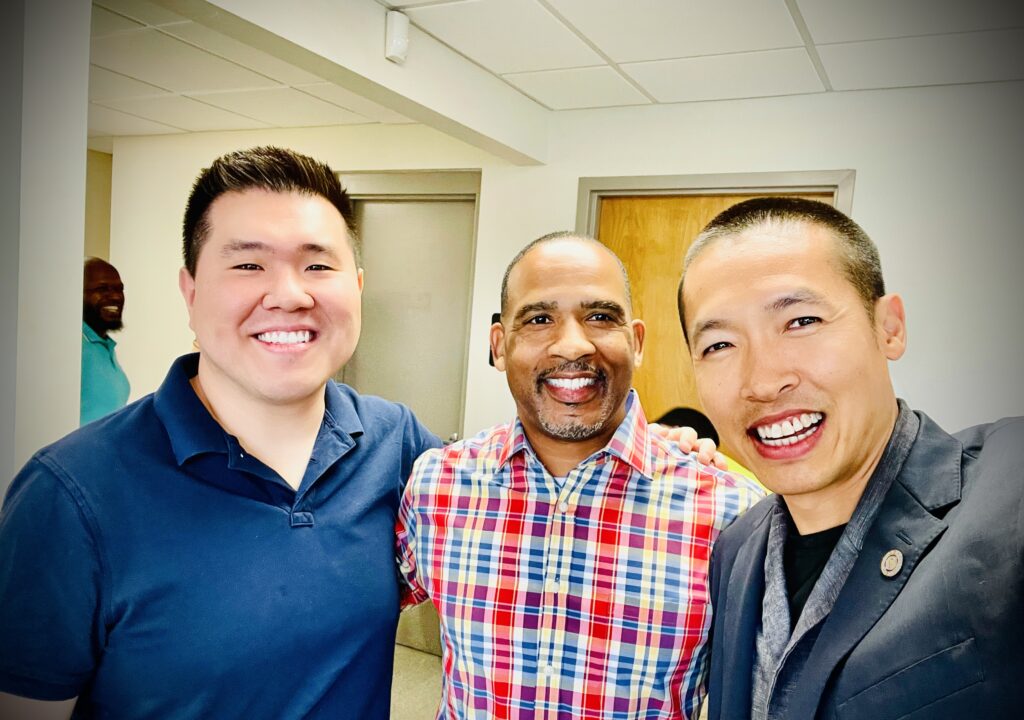
The ribbon-cutting event was graciously hosted by DDM Behavioral Health Services and featured a prestigious lineup of attendees. Among them was Di Tran from Viet Bao Louisville and the author of “Drop the Me and focus on the others,” who spoke highly of Patricia Kim. He described her as a highly loving and trustworthy businesswoman whose heart is evident in all her endeavors.
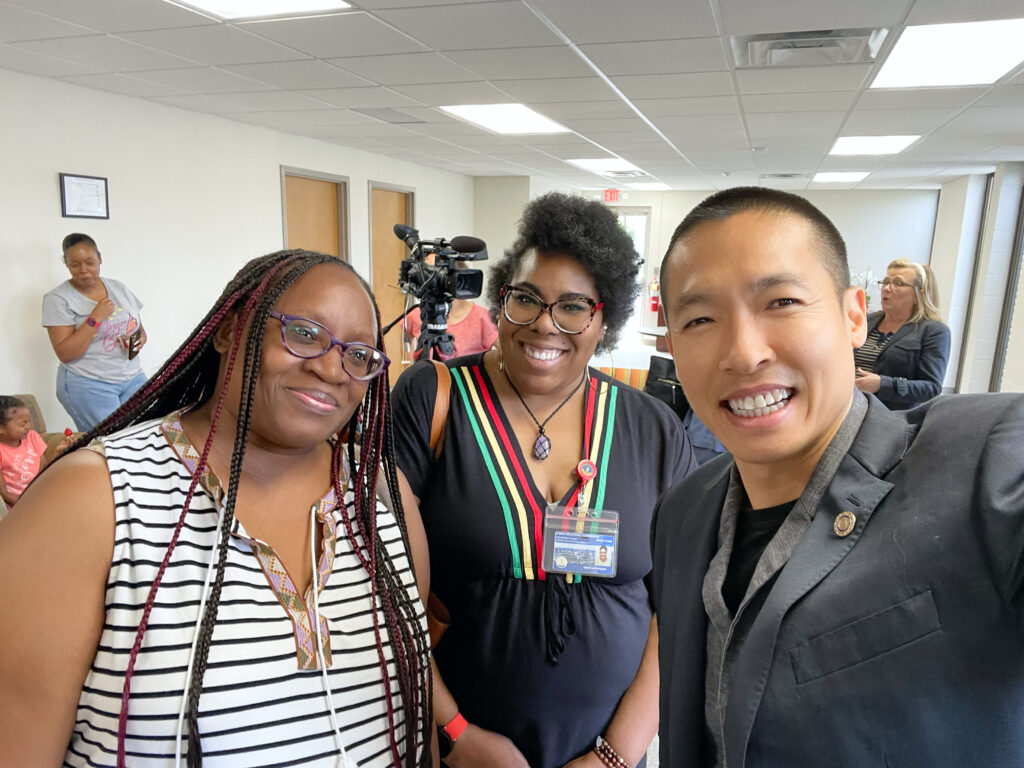
Additionally, representatives from the Louisville Metro Office of Immigrant Affairs, Louisville Metro Economic Development, the Korean Chamber of Commerce, and a special mention to the Chamber of St. Matthew, which conducted the ribbon-cutting, were present. The event also drew media attention with Louisville Metro TV covering the joyous occasion.
The crowd was abuzz with excitement as the ceremony unfolded. It was not just an inauguration of a health service center but a celebration of diversity, perseverance, and community. The attendees shared Di Tran’s sentiment, as they all held Patricia in high regard and congratulated her and her family.
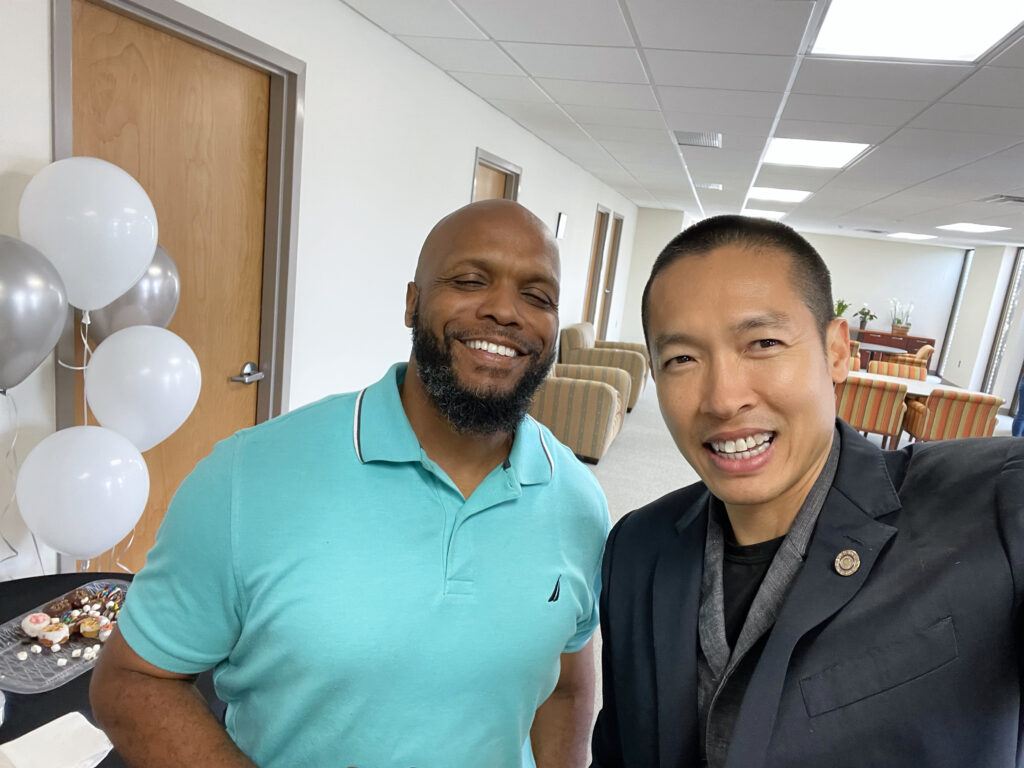
As a serial entrepreneur, Patricia Kim’s success in establishing multiple small businesses is commendable. However, DDM Behavioral Health Services holds a special place, given its focus on serving the community’s mental and emotional well-being.
The event concluded with smiles, applause, and a shared sense of accomplishment. The opening of DDM Behavioral Health Services is not just a win for the Asian community but for Louisville as a whole. Through her dedication, Patricia Kim has exemplified that with love, passion, and hard work, it is possible to make a positive impact in the community.
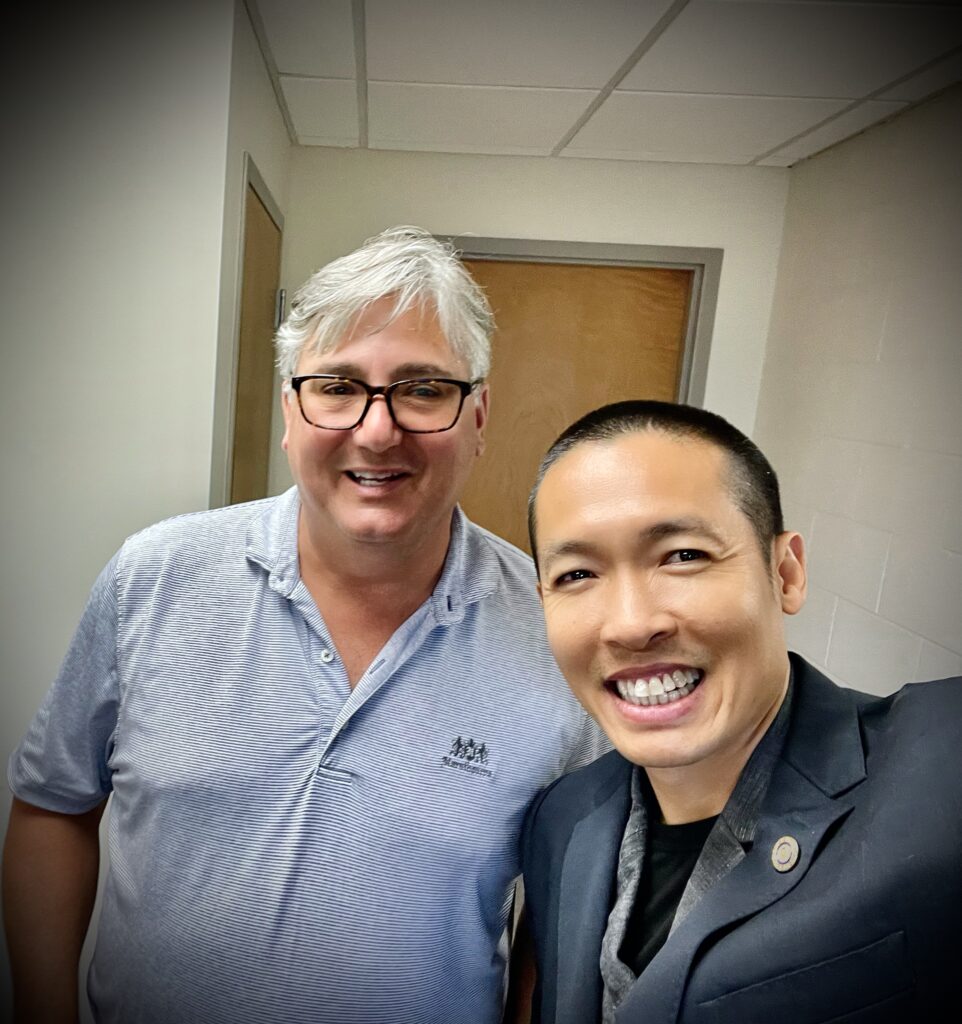
DDM Behavioral Health Services is now open and ready to serve the community.
For more information, please contact DDM Behavioral Health Services at 502-384-6009.
